

THE INTENTION
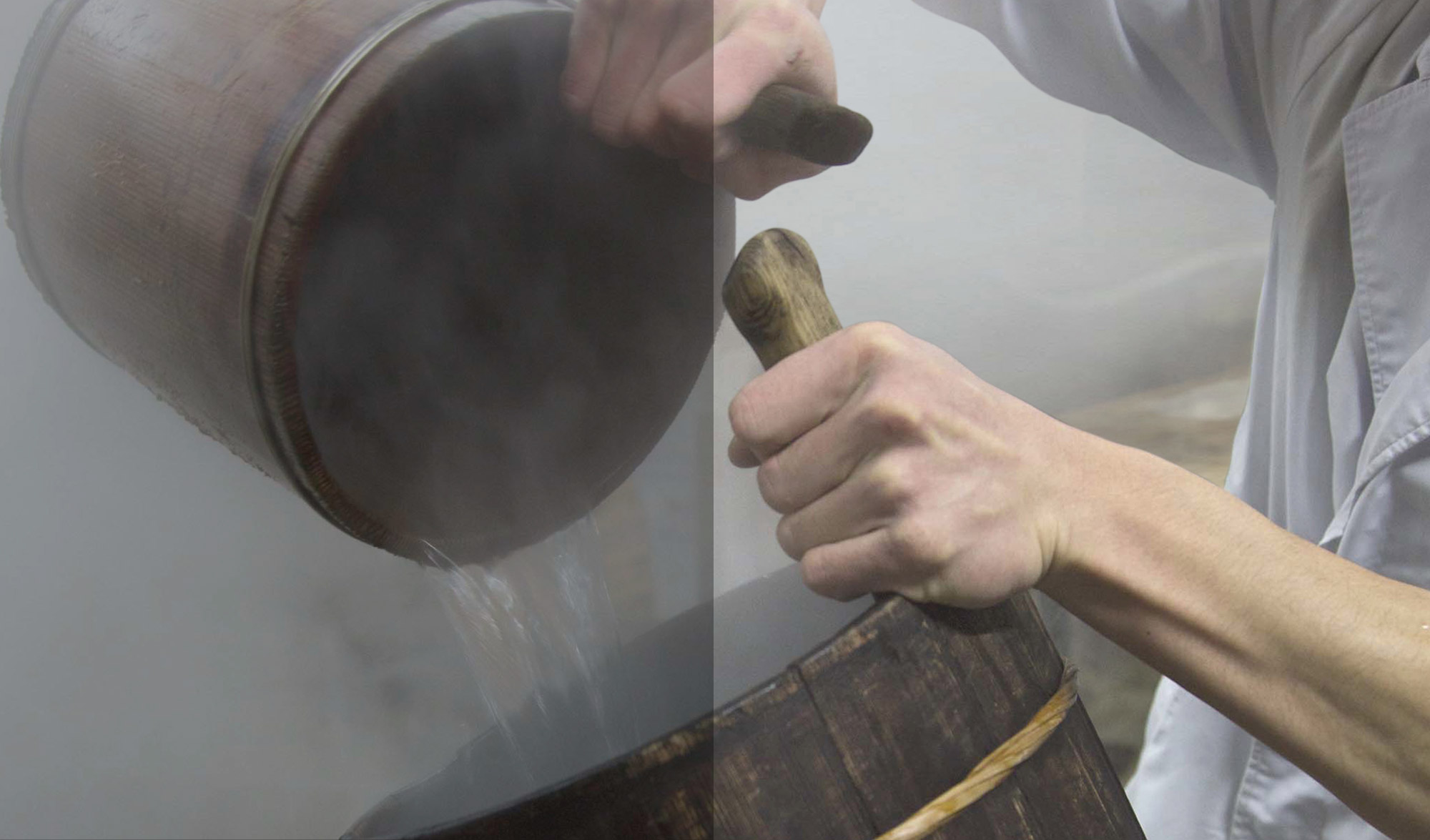
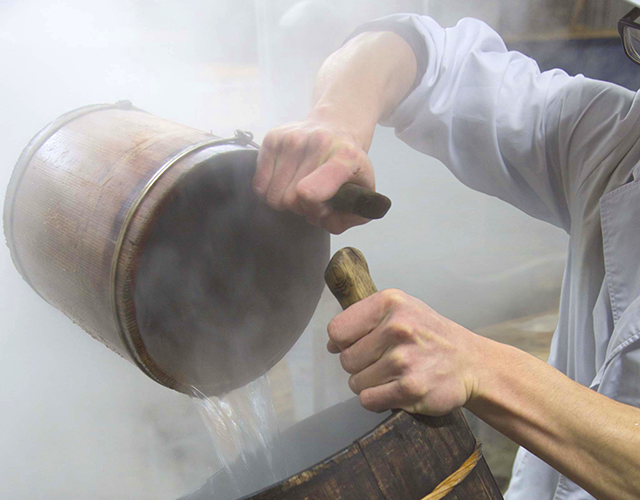
- TO BRING INNOVATION TO TRADITION
- What is the nature of good sake? Is it to keep the classic sake taste? To create a sense that has never existed before? A likable texture? Or perhaps a unique and rich aroma? Everyone has their own answer. Of greatest importance is to listen to the voices of the customers. These encounters have given breadth and depth to the taste of Fukukomachi. Our 400-year tradition of sake-making is constantly passed on to new people and new eras. In search of a supreme taste, we will find new possibilities and provide the finest sake.
- TO BRING INNOVATION TO TRADITION
- What is the nature of good sake? Is it to keep the classic sake taste? To create a sense that has never existed before? A likable texture? Or perhaps a unique and rich aroma? Everyone has their own answer. Of greatest importance is to listen to the voices of the customers. These encounters have given breadth and depth to the taste of Fukukomachi. Our 400-year tradition of sake-making is constantly passed on to new people and new eras. In search of a supreme taste, we will find new possibilities and provide the finest sake.

THE PROCESS
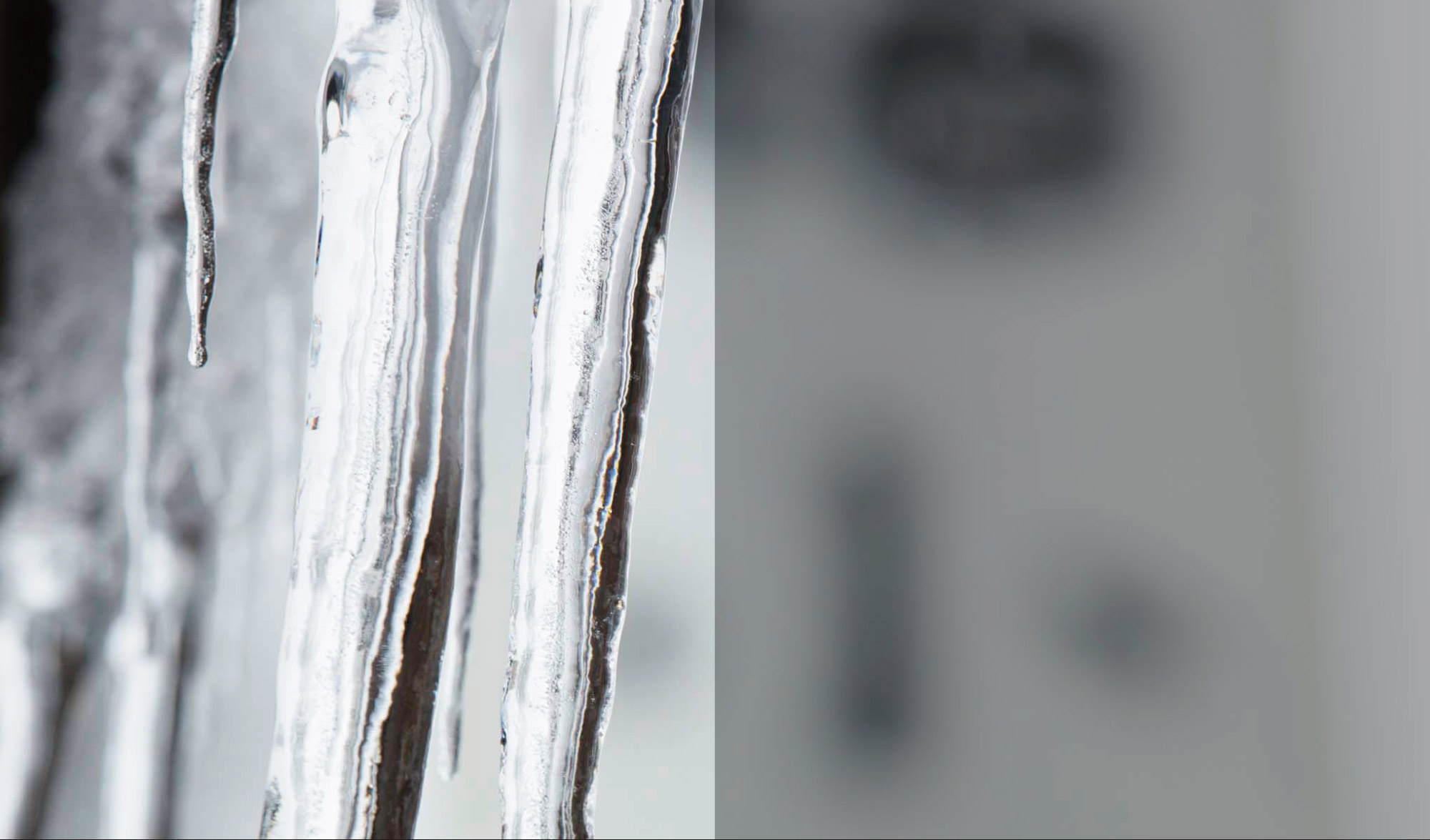
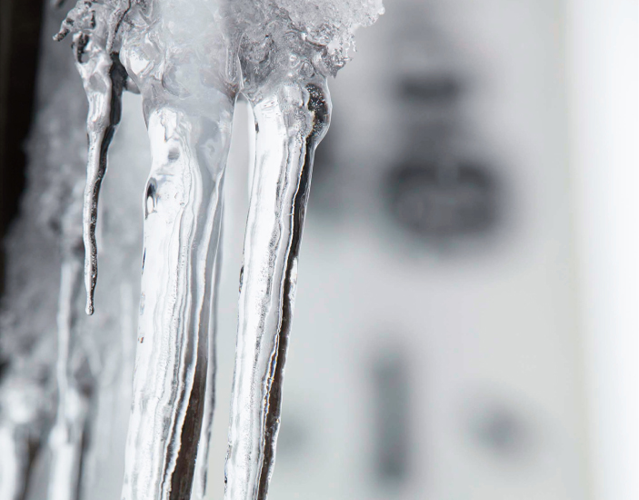
- SAKE-MAKING STARTS WITH WORKER-MAKING
- To move customers’ hearts, we stay with a hand-made process for Fukukomachi. We don’t depend on machines but on our hands and eyes to reach our ideal flavor and aroma. The highest technical and cooperative abilities of our craftspeople are called-upon in each brewing phase to bring Fukukomachi to you.
We introduce the process of sake brewing here.
- SAKE-MAKING STARTS WITH WORKER-MAKING
- To move customers’ hearts, we stay with a hand-made process for Fukukomachi. We don’t depend on machines but on our hands and eyes to reach our ideal flavor and aroma. The highest technical and cooperative abilities of our craftspeople are called-upon in each brewing phase to bring Fukukomachi to you.
We introduce the process of sake brewing here.

THE ORIGIN OF THE NAME “FUKUKOMACHI”
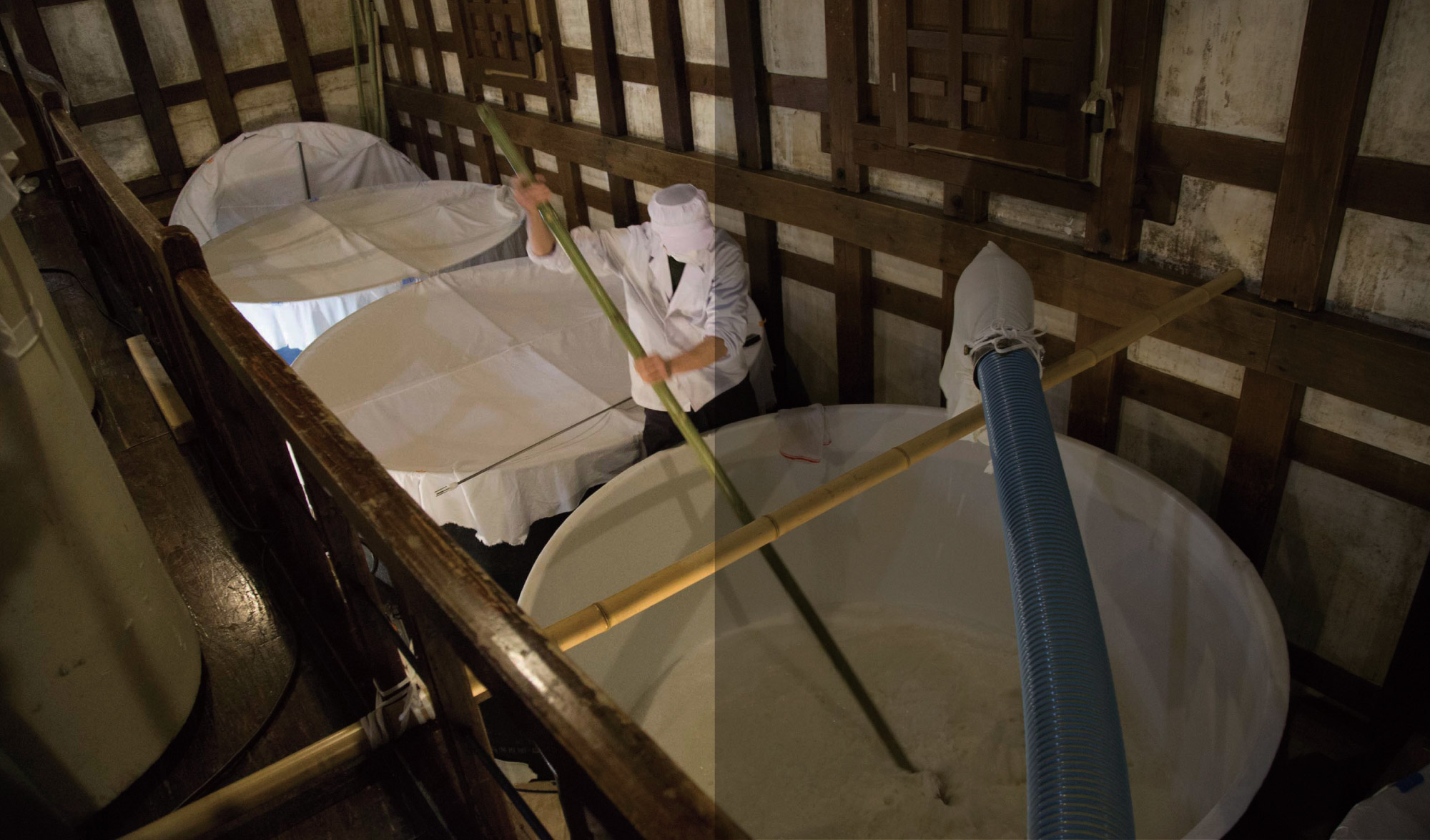
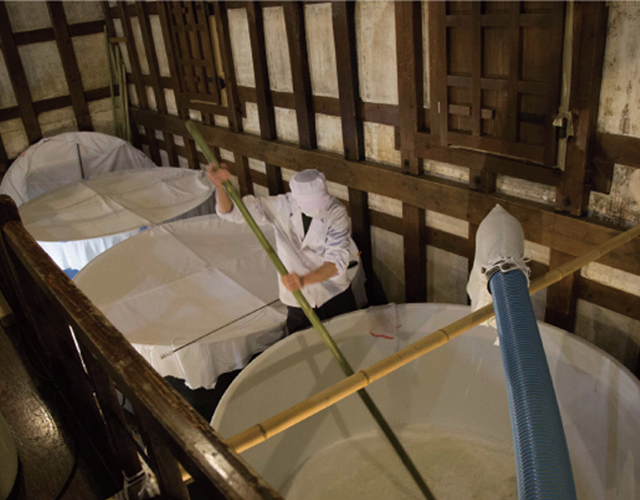
- When Emperor Meiji visited Yuzawa, Akita prefecture in 1881, the Grand Chamberlain chose Kimura Brewery for the emperor’s stay. The emperor was served a sake called Otokoyama (“male mountain”), and its sweet and tender feminine note received a favorable reputation. Therefore, it was given the name of Fukumusume (“lucky girl”), replacing the masculine one. Later, the name was changed from Fukumusume to Fukukomachi in honor of the town of Yuzawa, known as the birthplace of Ono no Komachi who is a legendary poet and renowned for her unusual beauty.
- When Emperor Meiji visited Yuzawa, Akita prefecture in 1881, the Grand Chamberlain chose Kimura Brewery for the emperor’s stay. The emperor was served a sake called Otokoyama (“male mountain”), and its sweet and tender feminine note received a favorable reputation. Therefore, it was given the name of Fukumusume (“lucky girl”), replacing the masculine one. Later, the name was changed from Fukumusume to Fukukomachi in honor of the town of Yuzawa, known as the birthplace of Ono no Komachi who is a legendary poet and renowned for her unusual beauty.


